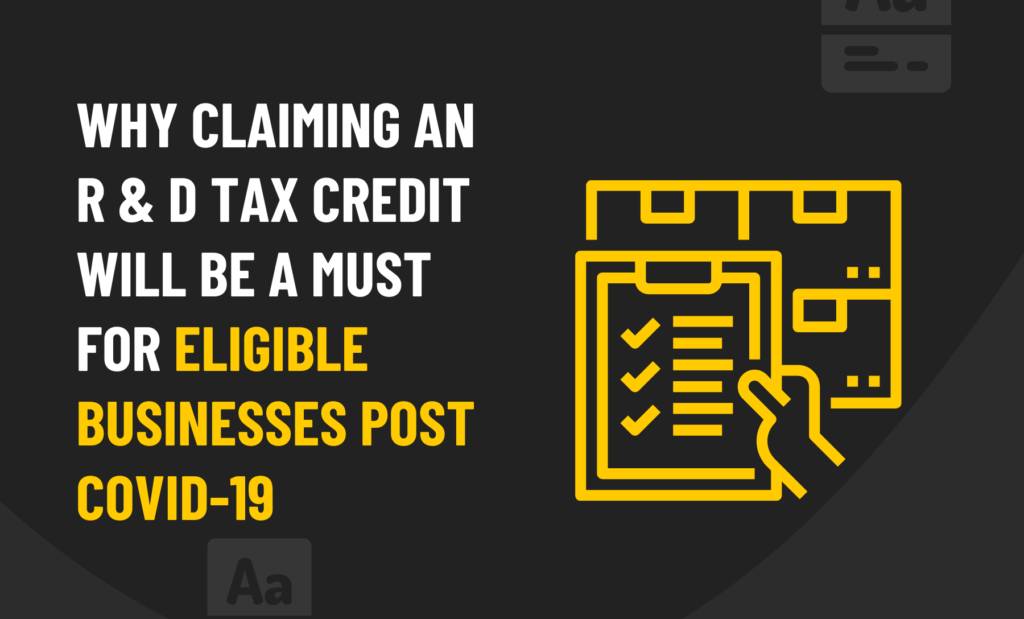The measures put in place in the UK to combat the spread of COVID-19 are necessary to save lives. However, the impact on UK businesses – especially SMBs – is something that their owners are understandably concerned about, especially in the longer term, even after the rest of life returns to a state that can better be described as normal.
If you didn’t pay close attention you may have missed the fact that when detailing his 2020 budget in mid March 2020, Chancellor Rishi Sunak announced it included a 15 percent increase in public funding for research and development. The boost, which is the largest-ever year-over-year increase in R&D funding, will, Sunak said, be by further injections of money over the next three years, including £800 million for an agency modeled after DARPA in the US.
Given the complications the COVID-19 crisis is causing for, and will continue to cause for an uncertain time, every UK business, 2020 is already proving rough. As things return to a greater state of normalcy, it will be vitally important for any British business to claim every grant, credit and tax break they are entitled to, as the road back to financial stability – and survival in general – is unlikely to be easy.
That’s why, even if your business is stalled by the COVID-19 restrictions right now, determining if it might be eligible for an R&D tax credit is no longer something to keep on your ‘we’ll get around to it’ list but something to take action on right now.
Some businesses are clear about the fact that what they do will, if the paperwork is done correctly, make them eligible for R&D tax relief. However, others are not so sure, and there are some business owners out there who we know have no clue that their work counts as the kind of essential and innovative work the R & D credit was created to encourage.
If you take a look here at the list of the Top 100 R&D ‘spenders’ in the world – research and development is something encouraged the world over, you will notice some perhaps very unexpected names on in it. There ARE lots of tech and pharmaceutical companies for sure, but there are also consumer brands, automakers and even food brands.
For example, would you have thought that the second largest spend in the world on R & D is made by Adidas? Adidas as in the trainer and football boot people? (although if you are an Adidas fan you may not be surprised, their shoes boast some serious technology). Or that the highest R & D spenders in the UK are Fiat-Chrysler, a car manufacturer? And Sky (as in sports, news) makes the list just behind them?
The fact is that research and development applies across a huge number of niches and industries. If you are doing something new, or are working on making significant improvements on an existing product, the chances are good that your activities count as research and development and the R & D credit may very well be available to you.
As this is, however, a difficult determination for a ‘lay-person’ to make, for an R & D tax credit claim to be successful seeking professional advice is also a must. And the down time created by the coronavirus crisis may offer you the perfect opportunity to discover, once and for all, if your business qualifies for an R & D tax credit and, if so, the process and procedures needed to be put in place to make a successful claim.
One of the best ways to get started? Contact us to begin a free R & D tax credit evaluation with highly experienced UK R & D tax credit specialists, with no obligation and NO CHARGE.




